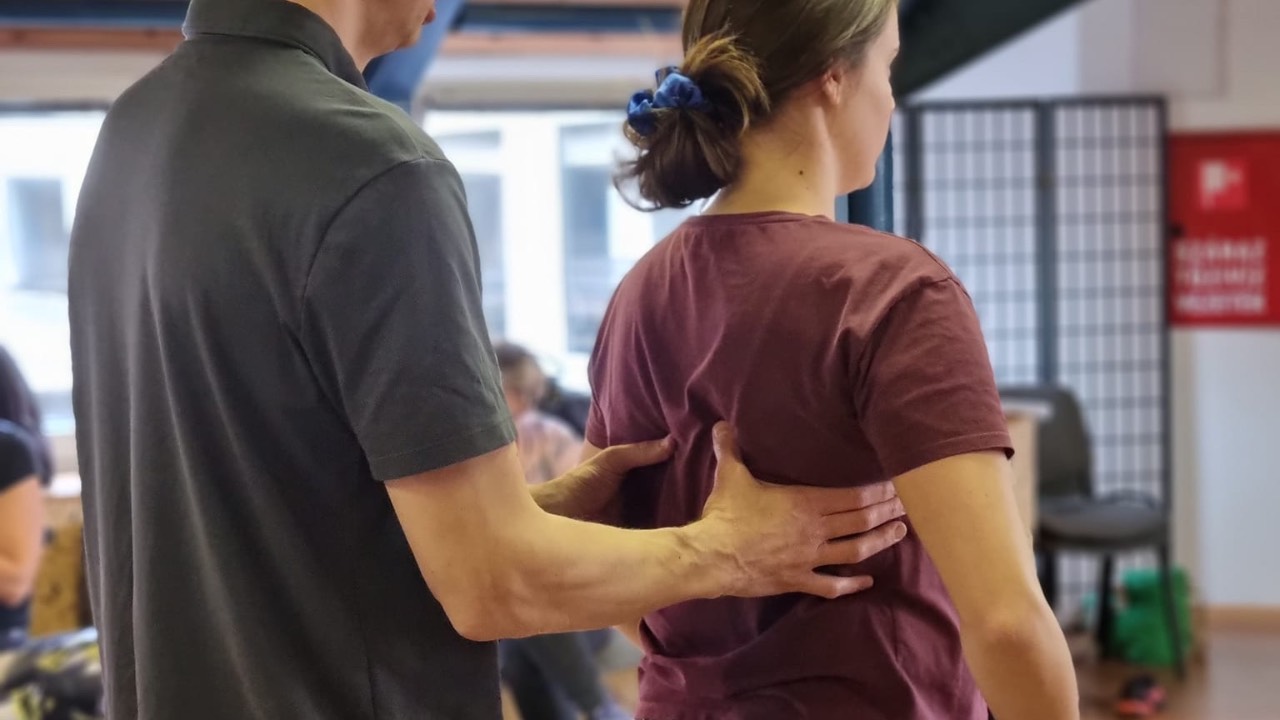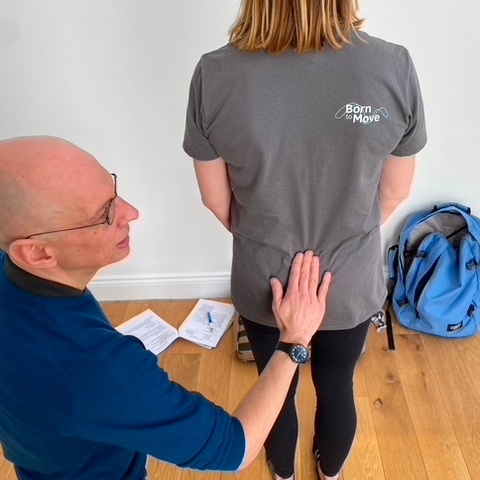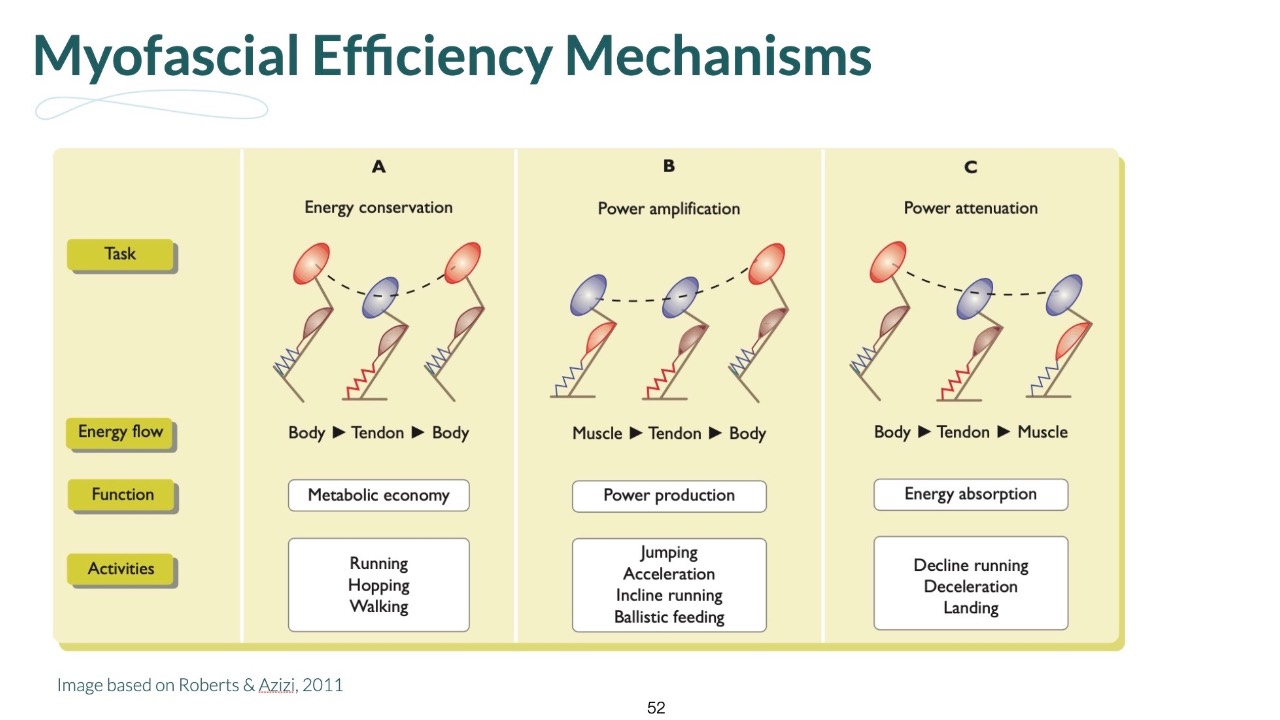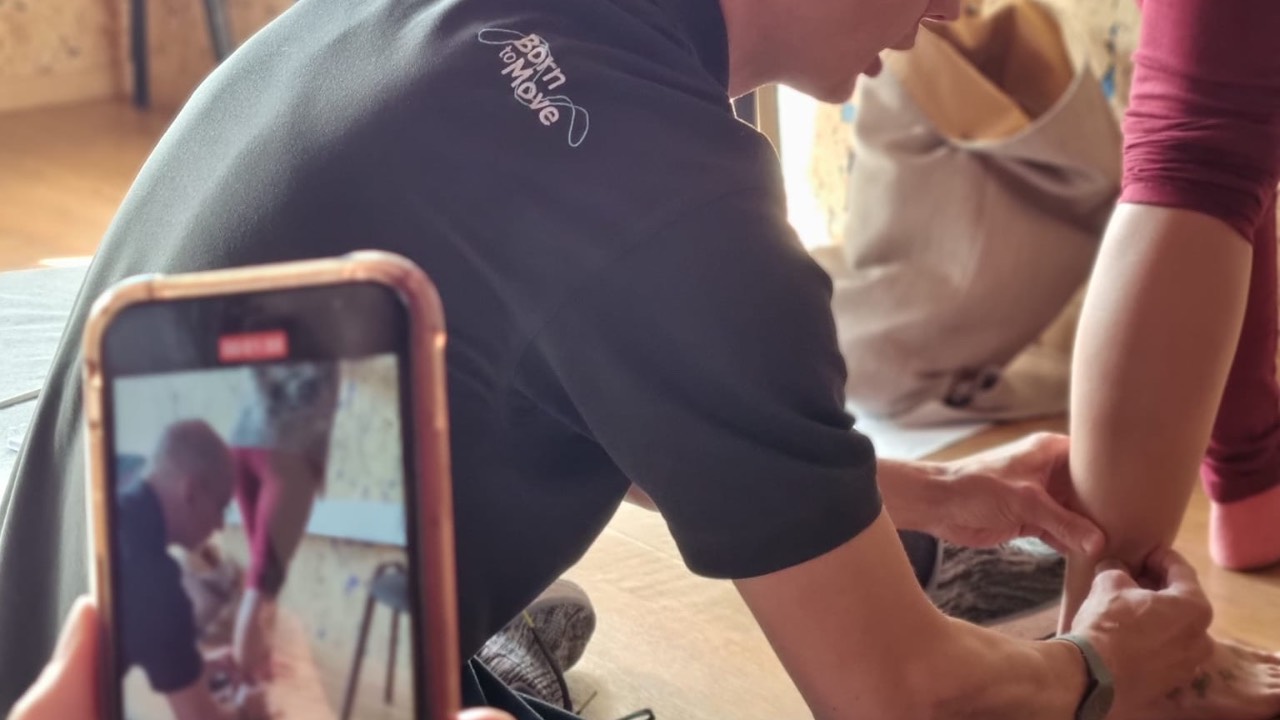Anatomy in the 4th Dimension
Understanding real-life movement for better clinical outcomes
Treatment protocols are outdated, rigid inventions for the average person…who does not exist.
Textbook anatomy is flawed – the rote memorisation of discrete body parts in a two-dimensional, gravity- and force-free environment, poorly equips us for the complexity of the real-life human in motion.
Trying to understand movement in the real world, by putting the pieces of the body back together again, is like doing a jigsaw puzzle without the box and expecting to be able to step into the scene.
To understand movement, we need to start with movement.
This video is designed to empower you to reach the best clinical outcomes with every client, every time.
In this video you will learn practical, clinically relevant tools to take away and use today, as well as hear about ways you can deepen your understanding through our programme of workshops and webinars in 2026-27 and beyond.
We will use examples you will readily recognise from your own clinical practice to demonstrate Born to Move’s underlying principles of assessing, treating, and training each individual individually. As in our clinics, we use a flexible framework to understand each unique client, so in our workshops, we offer a practical, current, and evolving approach to movement-centred learning.
We embrace the reality that, as clinicians, we don’t have all the answers. Instead, we ask evolving questions to improve hypotheses and enhance clinical reasoning.






